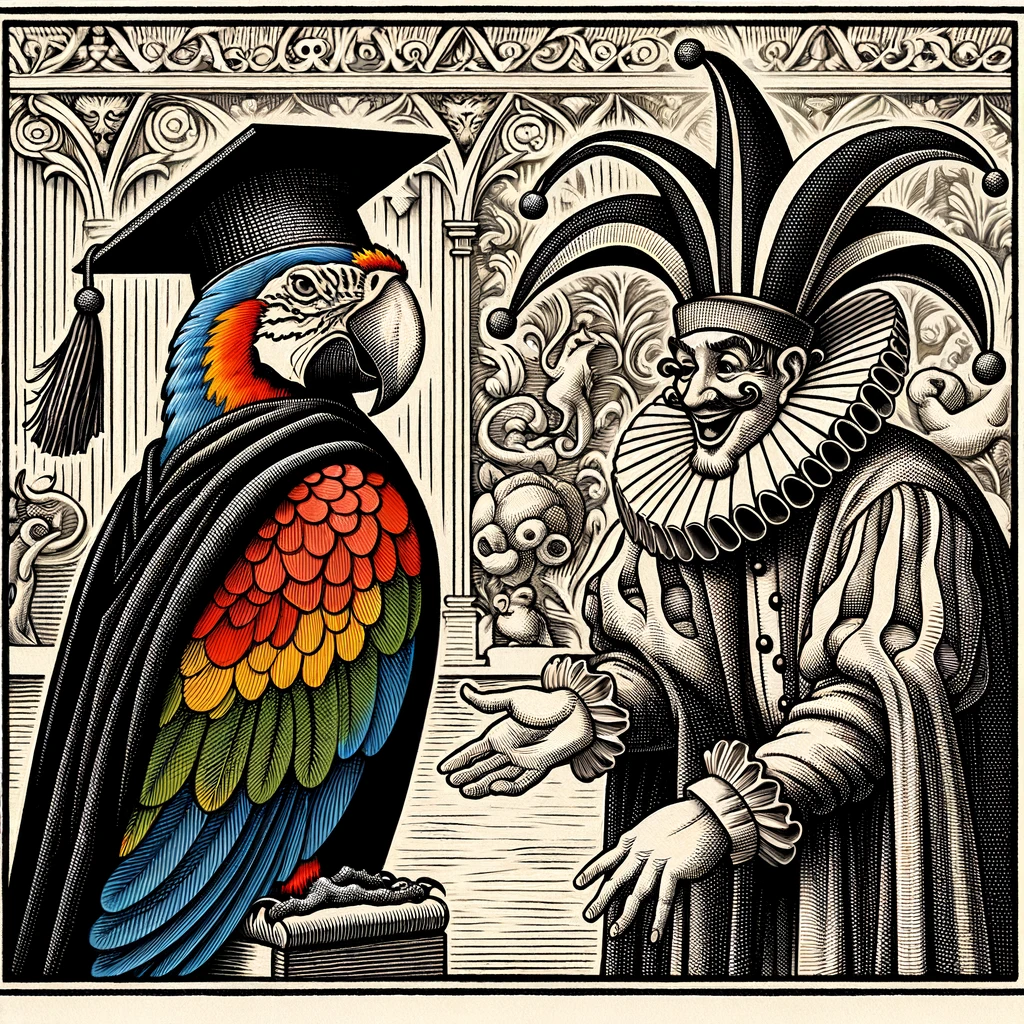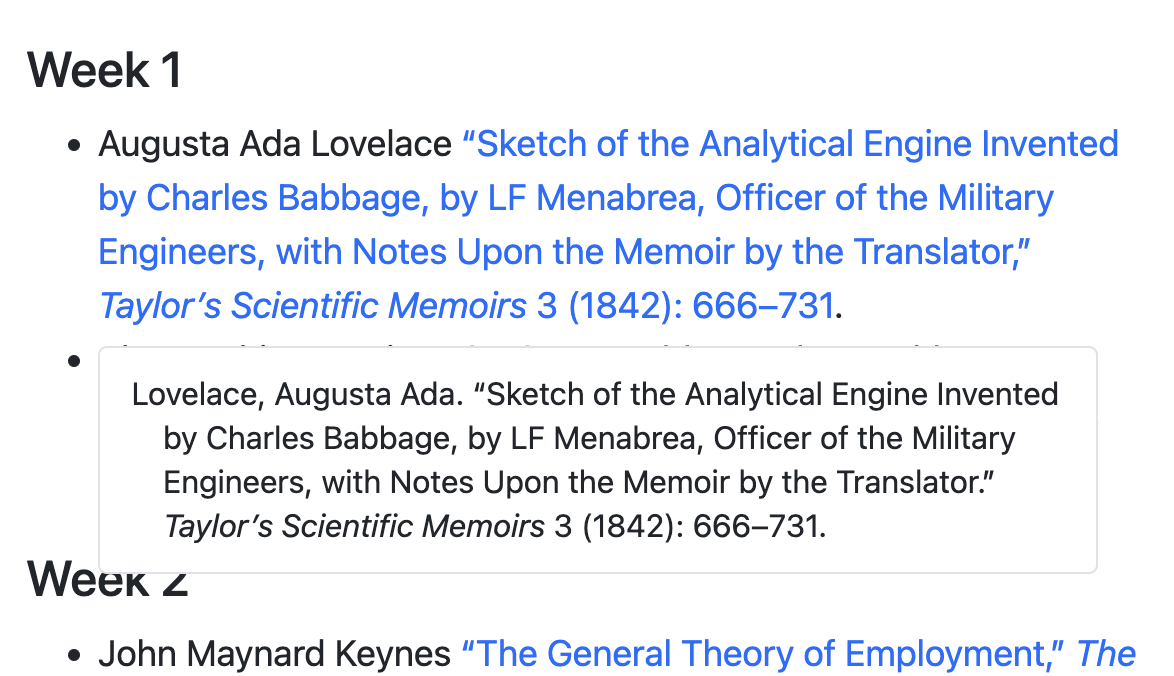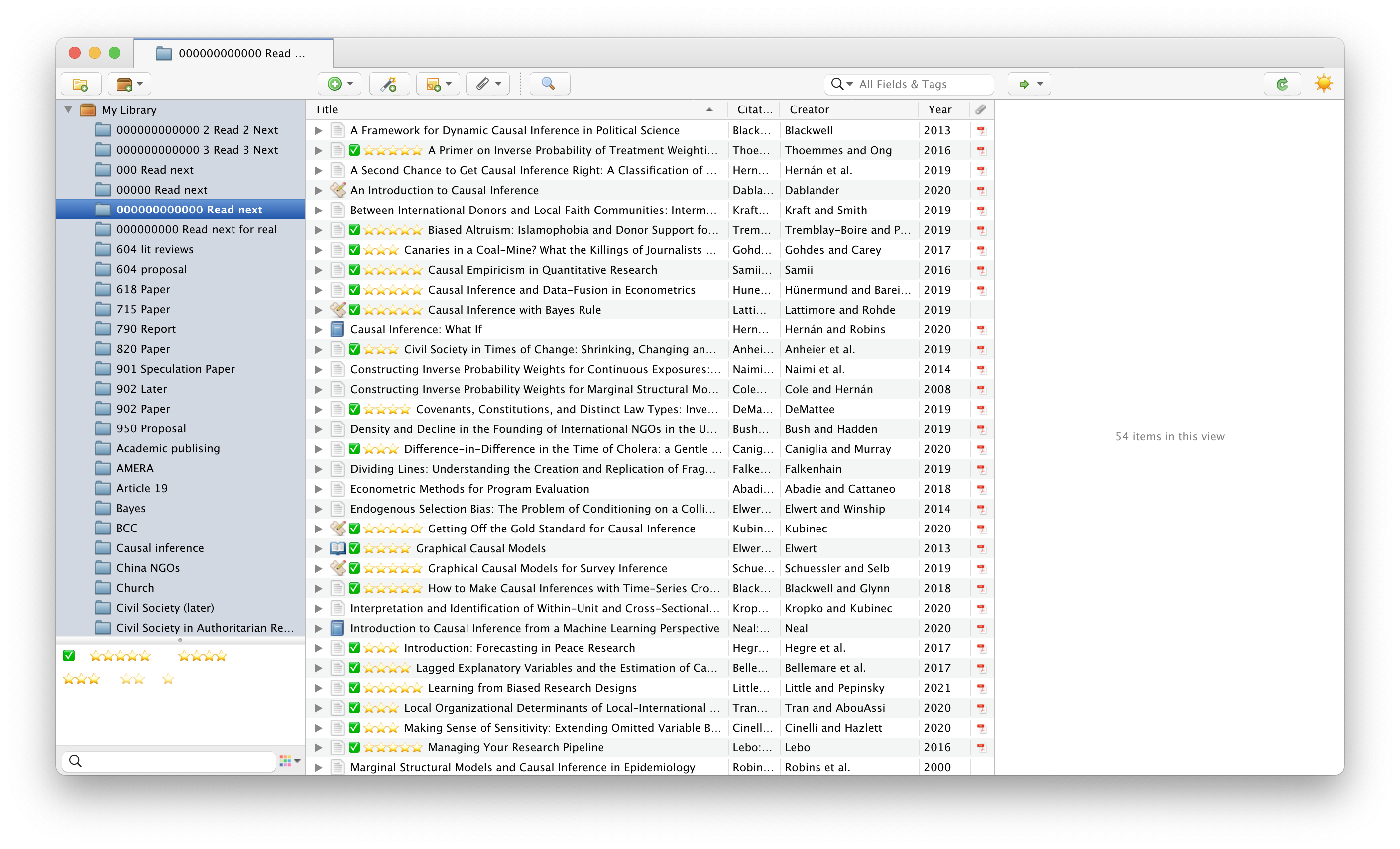
I was struck by a Mastodon post where classic game developer Ron Gilbert quoted film critic Roger Ebert as follows: And Gilbert commented: In a reply, Gretchen Anderson said her favourite version of this is: I couldn’t find the original source for this, but as I was trying to track it down I ran into this, attributed to Pablo Picasso: When I mentioned these observations to Matt, he sent me a longer-form exposition of the same phenomenon,







